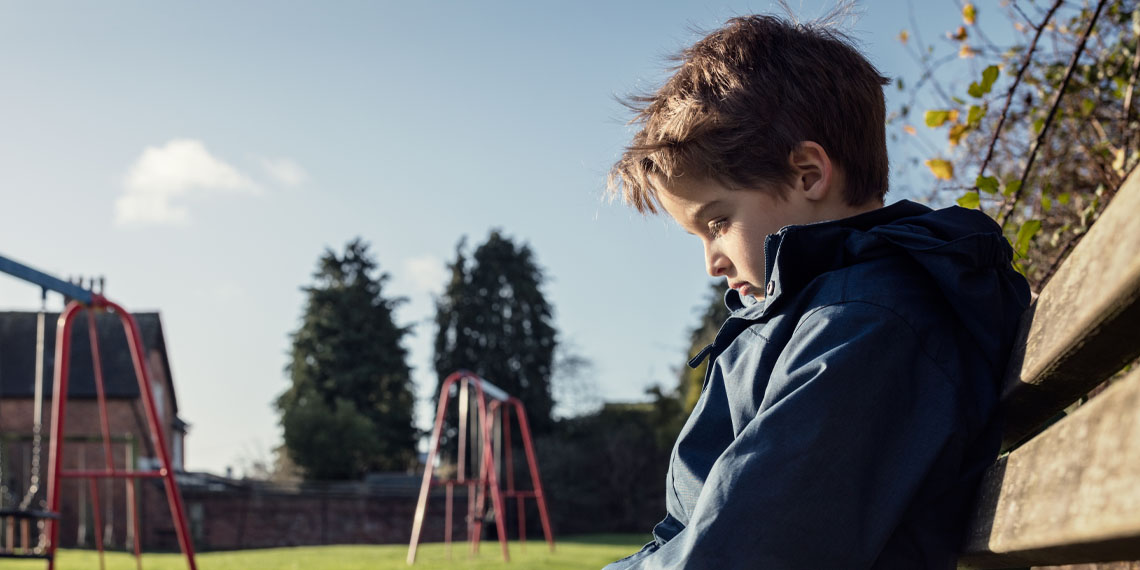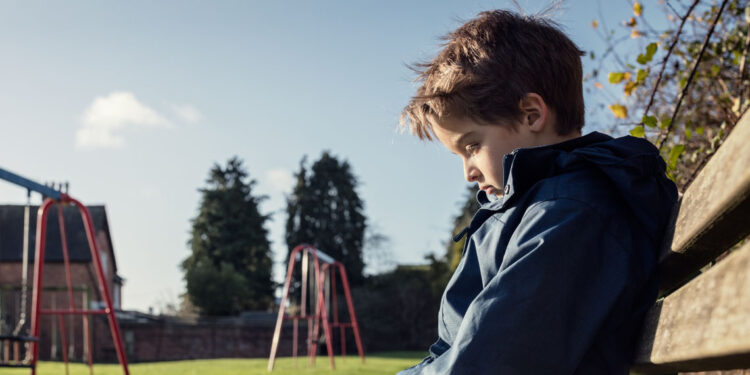
A current evaluation of information held within the National Institute of Mental Health Data Archive (NDA) discovered that kids aged Sep 11 whose moms have been between 15 and 19 years of age when the youngsters have been born displayed extra behavioral issues then kids of older moms. Researchers discovered these issues to be associated to decrease volumes of sure areas of the mind. The examine used the information from the ABCD Study annual release 2.01 and was revealed in Molecular Psychiatry.
The next childbearing age has been the pattern all through the world lately. Regardless of this, some 16 million adolescents between 15 and 19 years of age contribute to just about 11% of all childbirths. Current research have proven that older parental age is related to fewer habits issues and higher cognitive efficiency in kids.
Jingnan Du from Harvard College and his colleagues analyzed information from the Adolescent Brain Cognitive Behavior study (ABCD), “the biggest long-term examine of mind growth and youngster well being ever carried out in the USA” that recruited kids throughout 21 analysis websites. A complete variety of 11897 kids aged between 9 and 11 years have been concerned within the a part of the examine. Researchers analyzed information from 8709 of those kids.
Their objective was to review the connection between parental age (age of the dad or mum in the meanwhile the kid was born) and youngsters’s behavioral issues and cognitive efficiency. One other objective was to evaluate whether or not there are variations within the mind volumes and cortical areas of various mind areas related to age of oldsters. Lastly, they wished to seek out out whether or not the connection between parental age and behavioral and cognitive issues may be attributed to the noticed variations in kids’s brains.
The analyzed information on the maternal and paternal ages of every youngster’s dad and mom (their age on the time the kid was born). Researchers discovered these to be very related (ages of mom and father on the time the kid was born) and determined to look at them collectively. The database additionally contained outcomes of cognitive efficiency assessments carried out utilizing 10 completely different cognitive assessments and of behavioral issues assessments based mostly on the Father or mother Baby Habits Guidelines Scores. This questionnaire incorporates eight syndrome scales associated to psychiatric issues reminiscent of despair, social issues, rule-breaking habits, social issues, aggressive habits and some others.
Researchers divided the youngsters into 14 teams based mostly on the youngsters’s maternal age and in contrast these teams. General scores on behavioral issues have been greater in kids whose maternal ages have been between 15 and 19 in comparison with teams with older maternal age. General cognitive efficiency scores have been decrease in kids whose moms have been very younger on the time of their delivery (15-19) in comparison with kids who have been born to older moms. Related outcomes have been reproduced for the age of fathers on the time kids have been born.
Moreover, researchers discovered that kids with smaller areas and volumes of the studied mind areas had extra behavioral issues (as assessed by the behavioral issues complete rating) and worse cognitive efficiency outcomes. Research authors discovered that quantity and space of studied mind areas mediates the affiliation between maternal age and each behavioral issues and cognitive efficiency.
The examine brings to gentle essential relations, however authors emphasize that “the findings described listed here are associations”, not cause-and-effect relationships, and that their origin must be the topic of future analysis. Notably, the youngest two maternal age teams have been teenaged moms and it could possibly be that moms who’re 15-19 may need had behavioral issues themselves earlier than they grew to become moms. On this approach, “the consequences discovered could possibly be associated to genetic results or to the atmosphere through which the youngsters have been introduced up”.
The examine “Association between parental age, brain structure, and behavioral and cognitive problems in children” was authored by Jingan Du, Edmund T. Rolls, Weikang Gong, Miao Cao, Deniz Vatansever, Jie Zhang, Jujiao Kan, Wei Chang and Jianfeng Feng.





Discussion about this post